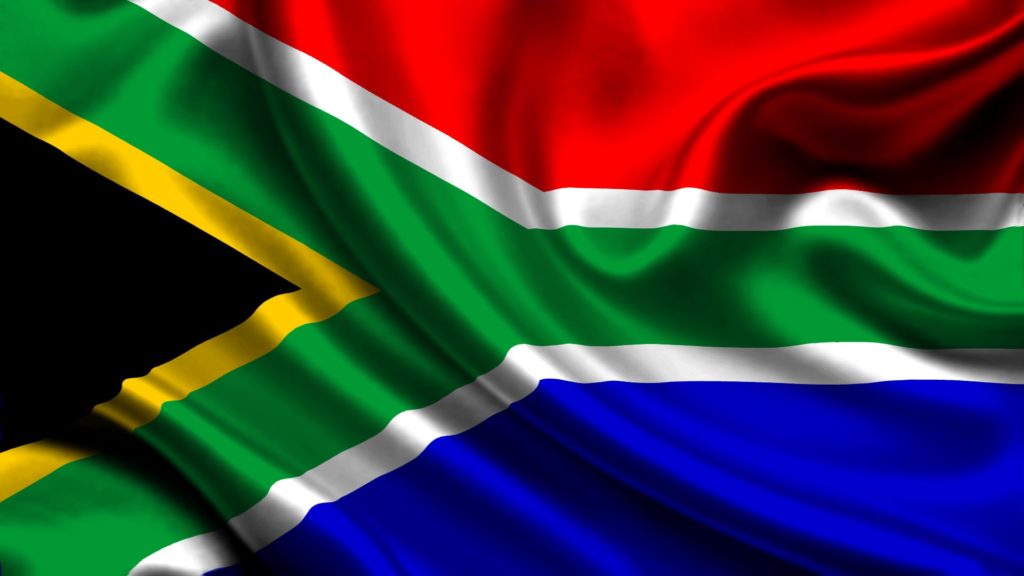South African journalists attacked covering farmer protest

South African authorities must conduct a swift and transparent investigation into recent attacks on journalists covering protests held by farmers, and hold those responsible to account, the Committee to Protect Journalists said today.
On October 6, in the Free State province town of Senekal, a protesting farmer harassed and assaulted Tracy Lee Stark, a photographer at The Citizen newspaper, while another attacked Marizka Coetzer, a reporter at the outlet, according to the journalists, who spoke to CPJ in phone interviews, and a report by their employer.
The demonstrators, who were protesting the murder of farmers in South Africa, gathered at a local court at the hearing of two people accused of torturing and murdering a local farmer, shouted insults at the journalists, and tried to prevent them from taking photos. One man punched Stark as he tried to grab her camera and another destroyed Coetzer’s smartphone, the journalists said.
“Journalists must be able to cover protests in South Africa without fear that they will be harassed, attacked, and see their equipment destroyed,” said Angela Quintal, CPJ’s Africa program coordinator. “Authorities must thoroughly investigate the recent attacks on The Citizen journalists Tracy Lee Stark and Marizka Coetzer and send a strong message that, just as there should be no impunity when it comes to attacks on farmers, there should be no impunity when it comes to crimes against journalists in the country.”
Stark told CPJ that the protest started peacefully but the tone changed after rousing speeches, including by Ernst Roets, the deputy CEO of the Afrikaner interest group AfriForum. Police arrested one farmer, Andre Pienaar, who is expected to be charged with public violence and malicious damage to property, according to news reports.
Stark told CPJ that several protestors warned her not to photograph the gathering, but said she continued to do her job. One farmer called her a “liberal bitch” and shouted other insults, and then punched her in the shoulder and tried to grab her camera, she said.
“I held [the camera] tight and he threatened to smash it,” Stark said, adding that another protester intervened and escorted her to safety. She told CPJ that she was shaken but planned to continue covering such protests, saying, “I am a woman photographer. I have a point to prove.”
Coetzer told CPJ that she was reporting from a different area outside the courthouse, and was taking photos with her cellphone when another farmer confronted her and told her to stop filming.
Coetzer said she walked away and began filming in another area, when the same man followed her. She put her phone in her jacket, but the man grabbed it from her pocket, snapped it in two, flung it away, and told her to “fuck off.” Coetzer said she was unable to recover the memory card in her phone, which she had newly purchased, or any images she had taken.
In a statement, the South African National Editors’ Forum, a voluntary organization of editors and senior journalists, condemned the assaults, adding that “It is only through the decisive and firm actions of state organs that criminals and members of society will stop attacking journalists.”
Roets told CPJ via messaging app that AfriForum was “very alarmed” by what happened to the journalists, and said he tried to speak to Coetzer after he heard about the attack. Roets said that the violence was perpetrated by a small number of protesters after many of the farmers had dispersed, and said as far as he knew the demonstrators who attacked Stark and Coetzer were not AfriForum members.
Free State police spokesperson Brigadier Motantsi Makhele told CPJ via messaging app that the journalists had been advised to make a statement to police, and added that police planned to investigate the attacks and bring those responsible to justice.
Coetzer told CPJ she gave a statement to Silverton police today.
The attacks occurred on the same day the United Nations Human Rights Council adopted a new resolution on journalism safety which stated that the organization was deeply alarmed at the specific risks faced by women journalists.
